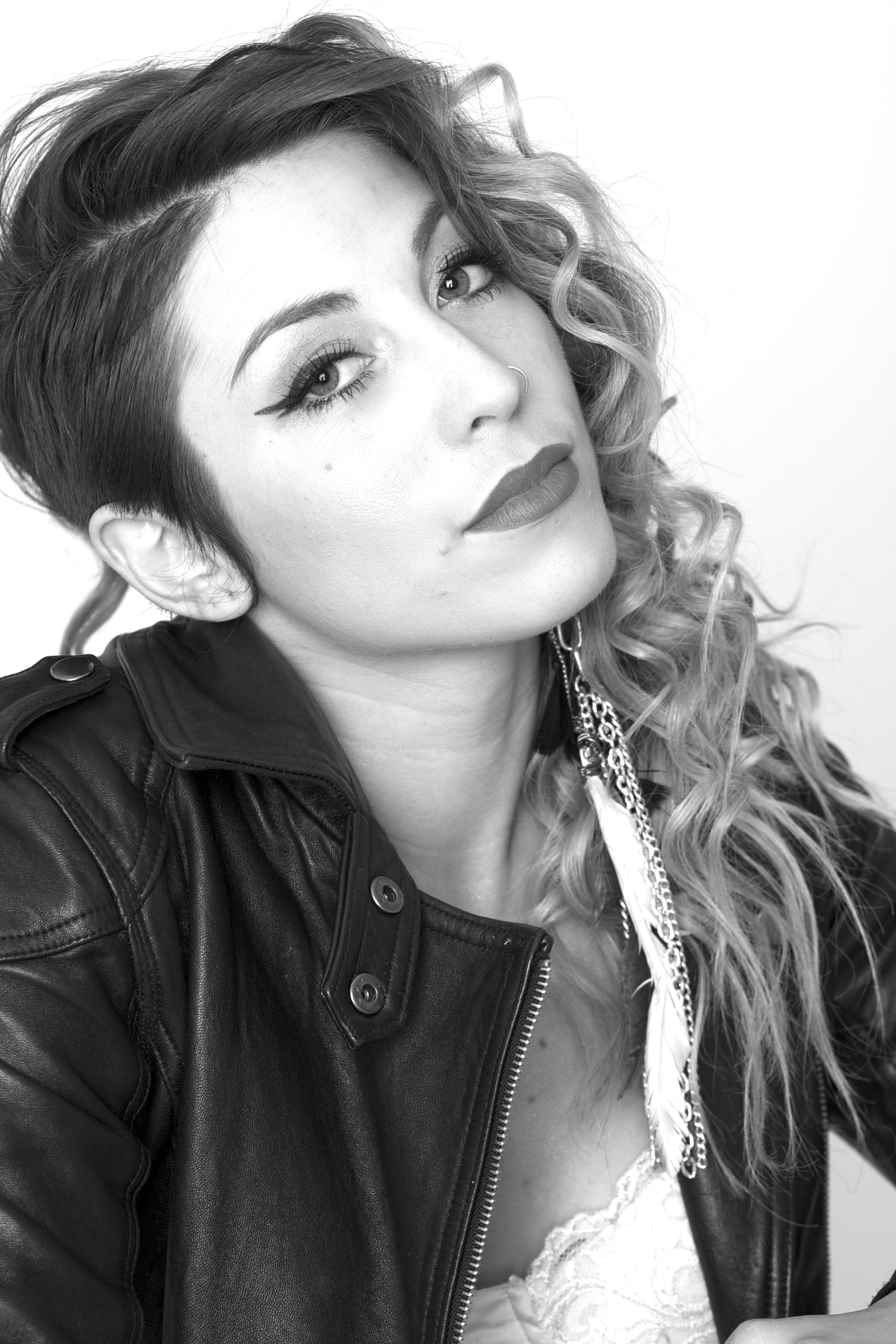Psychedelic rock was a sort of San Francisco-based counterculture in the 1960s, producing rock legends such as the Grateful Dead and Janis Joplin. UCLA alumna Dezi Paige grew up going to shows by her father’s band, Big Brother and the Holding Company, which was best known for having Joplin as its lead singer.
Surrounded by music her entire life, Paige said she always knew she would begin a career of her own as a singer-songwriter. Having already performed at venues such as The Roxy and House of Blues on Sunset, Paige is now focusing a bit less on live performance and more on recording her songs. Daily Bruin’s Ashley Jakubczyk spoke with Paige about her musical influences, the sound of her upcoming album and how she gathers ideas to write about.
Daily Bruin: Who are your musical heroes? Who do you look up to?
Dezi Paige: “Abbey Road” by the Beatles was one of the first albums I really loved. I was young, only four or five years old, and it instantly became my favorite album. I still play it all the time. In middle school, I started listening to Stevie Wonder. He’s inspiring ““ a blind man who plays almost every instrument ““ I just listen to his music and can’t help but feel the emotion.
DB: How did you get started in making your own music?
DP: I got into music seriously about halfway through my college years. I’ve been singing and playing piano my whole life, but I also grew up dancing. At the time, I was working as a dancer, and I would look for auditions that called for singing opportunities as well as dancing, and at one of those auditions, I met a producer that I built a relationship with. We started working on some of my very first songs, and it was just baby steps from there.
DB: How would you describe your music?
DP: My music is half-original music, half-cover songs. I used samples from artists such as Bob Marley and the Gorillaz and rewrote songs from some of their music. But I also included my own original songs. My original music is changing all the time. I give it different labels every day. Usually, I would categorize it under pop-soul-alternative.
DB: What’s your creative process like? What’s it like to create a song?
DP: I like to write alone and marinate in my ideas. It’s interesting, because it can take me anywhere from one day to a whole year to create a song. It just depends where my mind is at in the process. I get inspiration from the sights, thoughts and feelings of the everyday. As for recording my music, it’s very different than most people think. It’s a slow process, but it’s also a great opportunity to get constructive criticism from the others working with you, and you can learn a lot about yourself.
DB: What advice would you give to someone who is looking to create his or her own music?
DP: The biggest piece of advice I can give to anyone, really, is to take the time to hone your craft and become the best at it. The music industry is especially oversaturated and competitive, so it’s very important to take the time and effort to find your true, authentic voice. You can’t follow the trends of what you think is doing well. People look for originality, so you’ll be the most successful if you just do your own thing.
DB: You recently released a full-length project, “Tall Tales.” What’s next on the agenda?
DP: I’m about to begin shooting my first music video for the song “Lost Angels,” which is really exciting. I am also beginning work on a new album, hopefully to be released sometime next year. It’ll have a similar feel to “Tall Tales,” but I’m looking forward to expanding my horizons, experimenting and playing around with different sounds. I have some major ideas about the sonic ideas I want to convey, but I’m open-minded too and that’s part of the fun.
Email Jakubczyk at ajakubczyk@media.ucla.edu.
